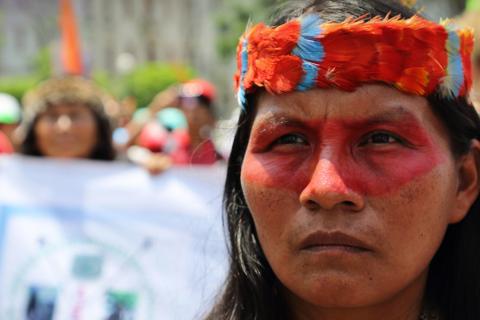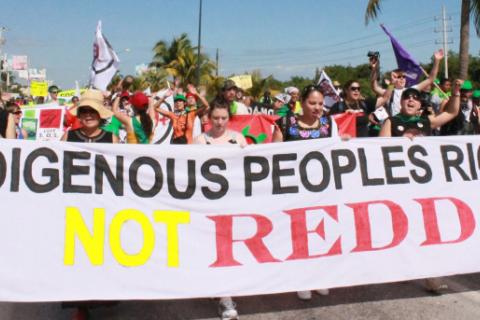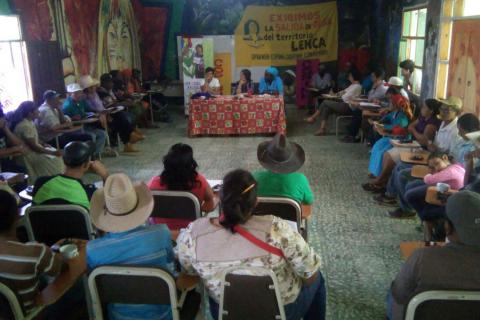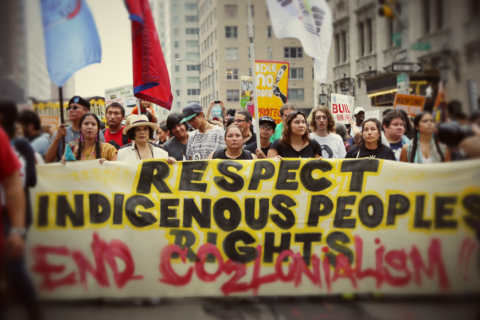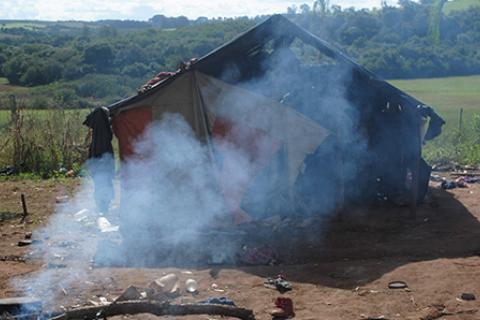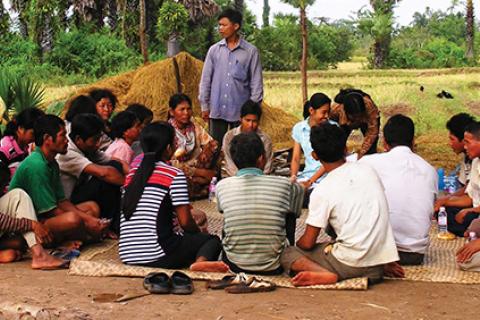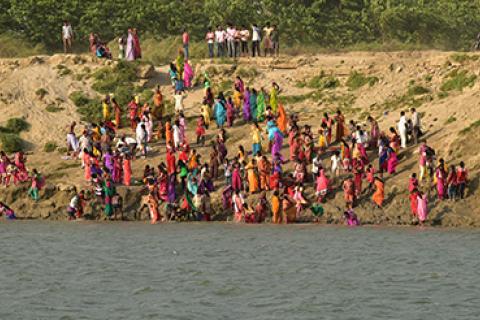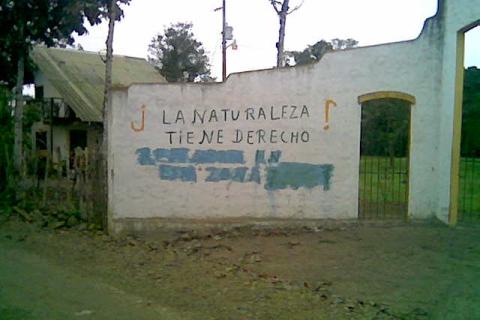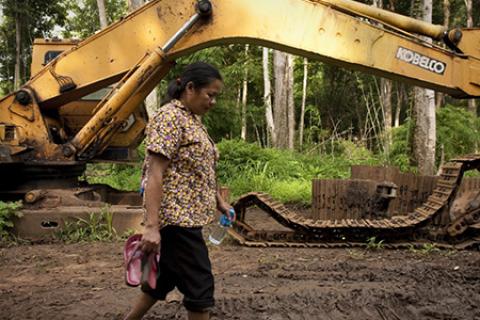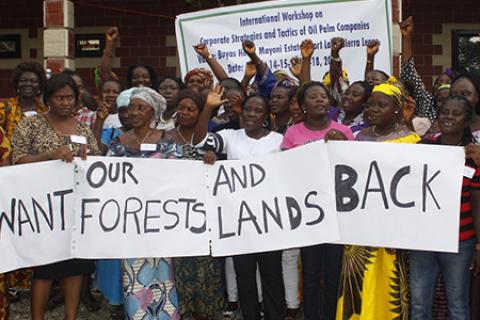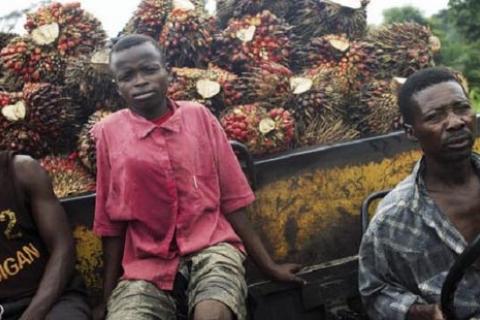In August 1838, a young man called Frederick Bailey escaped from slavery in Baltimore on the east coast of the United States (US). Less than three weeks later, walking through his new home city of New Bedford, Massachusetts, he spotted a pile of coal that had been delivered to the street in front of a house. Bailey offered his services to carry it safely away into storage. Once the job was done, the lady of the house put into his hand two silver half-dollars.
Bulletin articles
The foundation of critical thinking, then, is in the dissent of the existing state of things and the search for alternatives, drawing from characterizations of the present situation, whose causes can obviously be located in the past” (1)
in memoriam Hector Alimonda
Since ILO Convention 169 was ratified in 1995, indigenous peoples in Honduras have demanded the creation of a consultation mechanism to obtain Free, Prior Informed Consent (FPIC). This is in light of the avalanche of "development" projects and programs that endanger the survival of our peoples as differentiated cultures.
Western colonialists and imperialists have for centuries pillaged and taken the lands, territories and natural resources of Indigenous Peoples (and the rest of the world) with impunity. This impunity extends to the pillage of people themselves through forced labor and slavery. Successor States as they gained independence continued the practice with the same impunity on Indigenous Peoples living within their borders.
Interview to Roberto Liebgott, coordinator of “Regional Sul do Conselho Indigenista Missionário” – CIMI (The South Regional from the Indigenous Missionary Council) in Brazil.
WRM: Brazil's recognition of indigenous rights in the law has been an example for other countries in the world, and has served as inspiration for indigenous peoples and their struggles in other countries. What would you highlight about this?
In West and Central Africa, the many radically different ways in time and space of how people relate to and manage land reflects the many forms of customary tenure that interact and overlap between themselves as well as with statutory law. This article highlights the reflections of four activists from West and Central Africa.
Enclosures have appropriately been called a revolution of the rich against the poor. (1)
Commons are not just a “third way” beyond state and market failures; they are a vehicle for claiming ownership in the conditions needed for life and its reproduction. (2)
Commons and Commoning
Is it really possible to shift the dominant, colonial, Western paradigm—which sees nature and spaces as resources to be exploited, dominated and controlled—using a tool from a legal or judicial system that is intrinsically linked to thinking from the same paradigm?
Large-scale monoculture plantations “rob women of everything they have as they take the agricultural lands and forests that women depend upon for their livelihoods and for feeding their families”. This is part of the final declaration of a workshop organized in Port Loko, Sierra Leona, in August 2017, which brought together women from Sierra Leona’s Northern, Southern and Eastern regions, together with representatives from Cameroon, Liberia and Guinee. (1)
Oil palm plantations managed by the Canadian-based agribusiness company FERONIA Inc have been opposed by local residents ever since they were established by the previous owner of the plantations, multinational food company Unilever. Incidents of violent abuse and conflict arising from the company’s oil palm plantations in the Democratic Republic of the Congo (DRC) have been a regular occurrence. In 2015, seven children were left orphaned after police killed both indigenous pygmy parents for taking some oil palm fruits from the plantations to feed their children.
